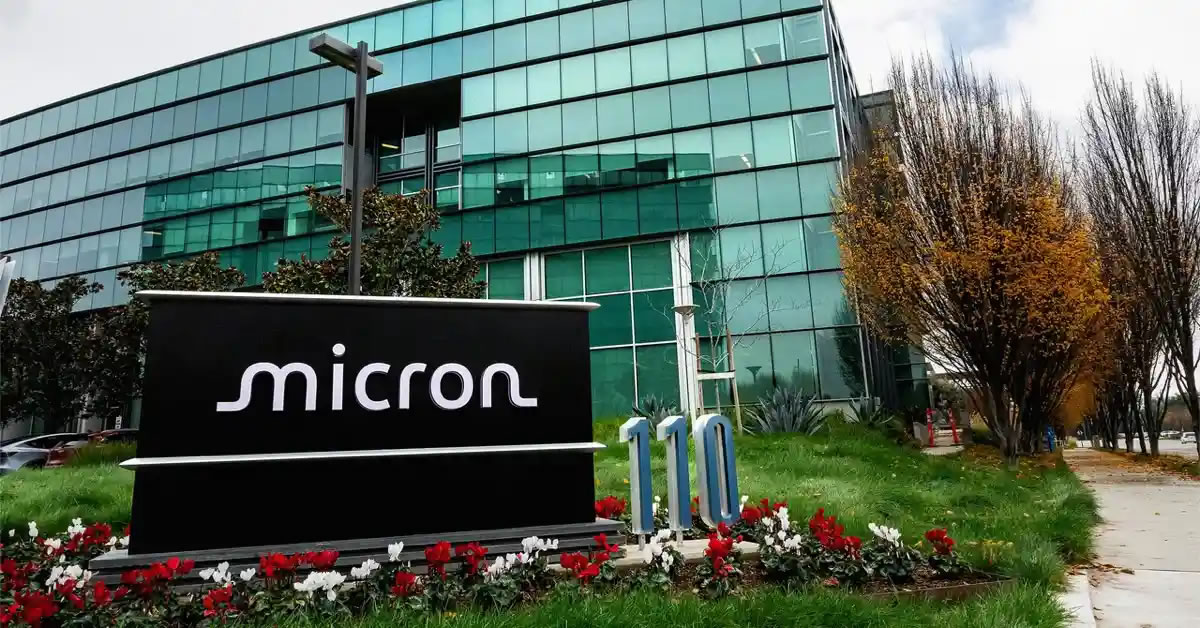The American Society of Heating, Refrigerating, and Air-Conditioning Engineers (ASHRAE) defines commissioning as the process of "verifying and documenting that the facility and all its systems and assemblies are planned, designed, installed, tested, operated, and maintained to meet the owner's requirements."
However, this is only one definition.
Data center commissioning is still often misunderstood, which makes the definition of the term very unclear. As a result, some of the most beneficial commissioning techniques are overlooked due to differing points of view. These disagreements lead to misunderstandings, inadequate application, and disregard for commissioning procedures.
Correspondingly, many data center owners are unaware of the full scope of commissioning and fail to fully recognize its importance and value.
Commissioning has been around as a branch of construction for nearly thirty years and continues its development. Its primary purpose and most common form are to ensure that a new process, system, or upgrade meets the owner's requirements.
Since all commissioning is focused on the owner's needs, owners should ideally serve as process overseers. We say ideally because they rarely have the capacity for this position, especially when a large project is underway.
So, owners often hire a commissioning authority (CxA), such as the Department of Energy (DOE), to oversee and execute the entire process. Think of the CxA as a quality assurance professional who keeps the project on track from start to finish and ensures that the owner's requirements are met. In a nutshell, a CxA provides the owner with the experience, guidance, and advice needed to make informed decisions, but lacks the legal authority of a commissioning agent.
So what does proper data center commissioning bring to the table? For starters:
Reduced Repairs and Unplanned Downtime
The greatest benefit of data center commissioning is that it eliminates or significantly reduces the risks of unplanned downtime that can be catastrophic to a business.
Commissioning procedures ensure that systems are completely integrated and key equipment is correctly installed. Redundancy and single points of failure are checked throughout the process as the system is rigorously tested to ensure availability in all modes of operation.
These procedures aid in uncovering possible system issues and malfunctions so they can be corrected before they cause significant damage to the facility or interrupt operations. Another benefit of commissioning is that a well-trained and well-equipped operations and maintenance (O&M) team makes fewer errors that can potentially lead to system-wide failures.
Higher Return on Investment
It’s common for the benefits of commissioning to result in a return on investment that is much higher than the cost of the commissioning project itself. Often, the cost-benefit analysis of problems discovered and corrected during commissionings, such as the material and labor costs, can far exceed the cost of commissioning - not to mention the data center downtime costs that would have been inevitable if the uncovered issues hadn’t been sorted out.
Decreased Delays and Change Orders
A large number of change orders can quickly deplete reserves and drive up costs. When projects are managed by a CxA, there are generally fewer change orders, delays, and modifications. This minimizes the cost of interest on delays, liquidated damages, renting additional equipment, and other related expenses.
Complete System Integration
All essential systems such as power, cooling, and IT infrastructure, must perform as a single, fully integrated system to guarantee maximum data center availability. Previous methods of testing and commissioning simply confirmed that each system component functioned independently. Now, a CxA applies more advanced procedures and tests to ensure that the components function as a whole.
Cutbacks in Life Cycle Costs
Commissioning enhances system performance throughout the data center’s lifecycle. In turn, improved system performance increases data center efficiency while reducing operating and maintenance costs, as well as energy consumption.
Effective Problem-Solving at a Low Cost
When it comes to the cost-related benefits, commissioning also helps pinpoint system-related problems early when it is most cost-effective to correct them. In addition, it identifies problems in operations and maintenance processes during the installation phase, before the system is put into service.
Performance Benchmarking
During commissioning, detailed documentation is generated to evaluate the functionality of the system. The information can be used to estimate possible maintenance alternatives, maintain optimal operation levels, and predict future system or process-specific problems.
This documentation includes typically includes current and possible future configurations of required hardware, software, data, interface specifications, and flowcharts. Performing a reliability analysis and obtaining cost estimates for improving system reliability to an acceptable level will help anticipate future system or process problems.
Well-educated Personnel
As a direct result of commissioning, there is a newly established sizeable knowledge base about the new system or process. It can be leveraged to create training programs and materials, as well as resources for operations and maintenance. Having the CxA be a part of the training process and creation of the system manual will ensure that the operations and maintenance teams learn how to properly operate and maintain the newly installed system. In addition, both experienced and new employees will have trusted references for future training, review, or problem-solving.
Efficiency Improvement
Commissioning ensures that the new, integrated system efficiency functions are ready for use. It can also ensure that maintenance personnel has the knowledge and tools they need to perform the planned functions smoothly and efficiently, reducing energy costs. All of this is possible since power generation, transmission, and distribution facilities are commissioned from the early design phase through project acceptance, thus making certain the system is safe and reliable as specified in a contract or regulatory agreement.
Improvements in Safety and Compliance
Commissioners can ensure that personnel responsible for operating and maintaining electrical and mechanical systems are properly trained to handle the equipment. If safety issues are addressed during the design and construction phases, a data center can be made safer and more cost-effective while eliminating owner liability along the way.
Obtaining a LEED Certificate
Leadership in Energy and Environmental Design (LEED) certification, one of the most widely used green building rating systems worldwide, requires commissioning. Involving your CxA can help ensure that your project is commissioned to LEED specifications. Do note that if certain criteria are met, projects seeking certification may be eligible for advanced commissioning after completing basic commissioning activities.
Conclusion
Despite differing opinions on what should be a part of the commissioning process in the data center industry, commissioning is undoubtedly an important step in the design and construction of a new facility, system, or expansion. After all, it drives greater efficiency while minimizing various costs throughout the data center’s operation and as such, can’t and shouldn’t be underestimated.






